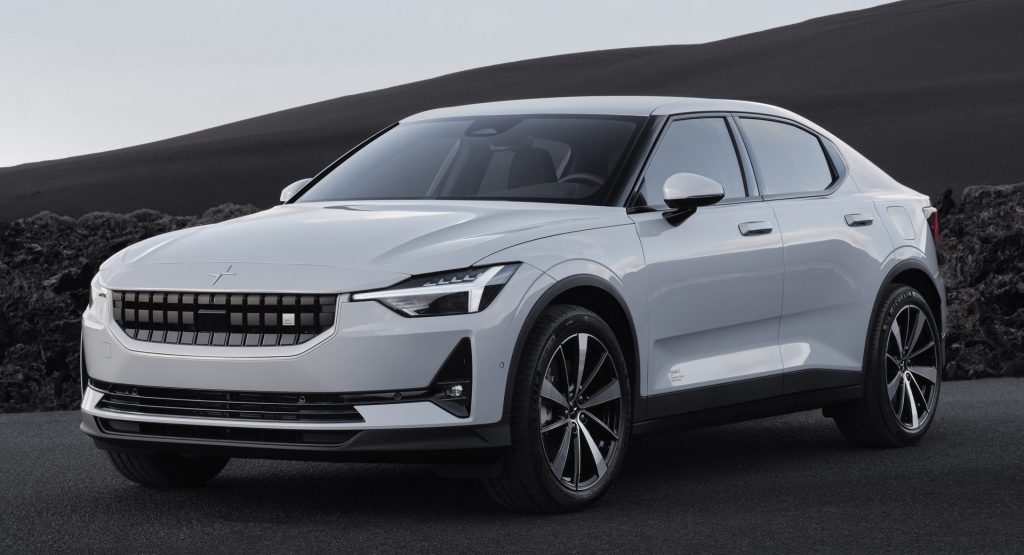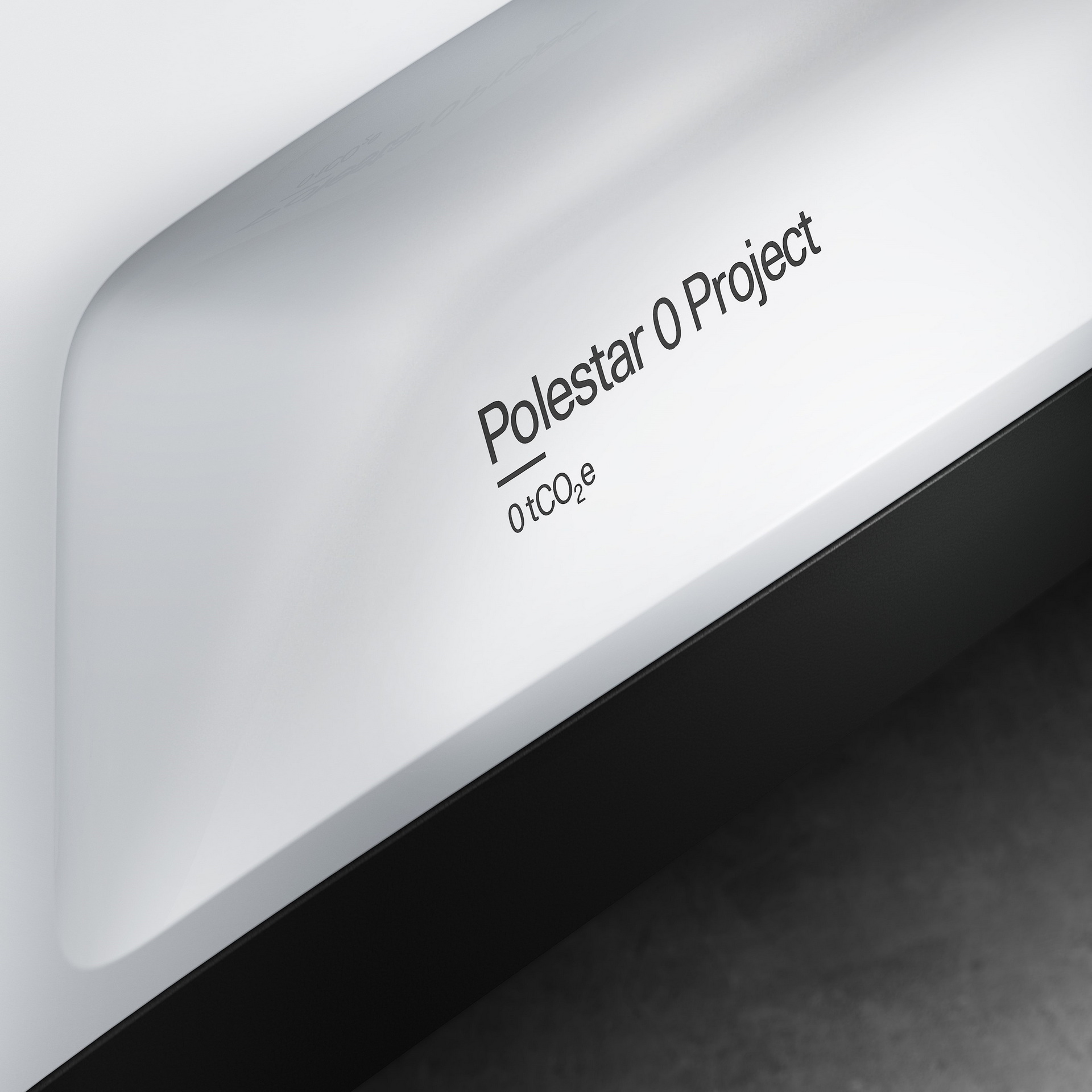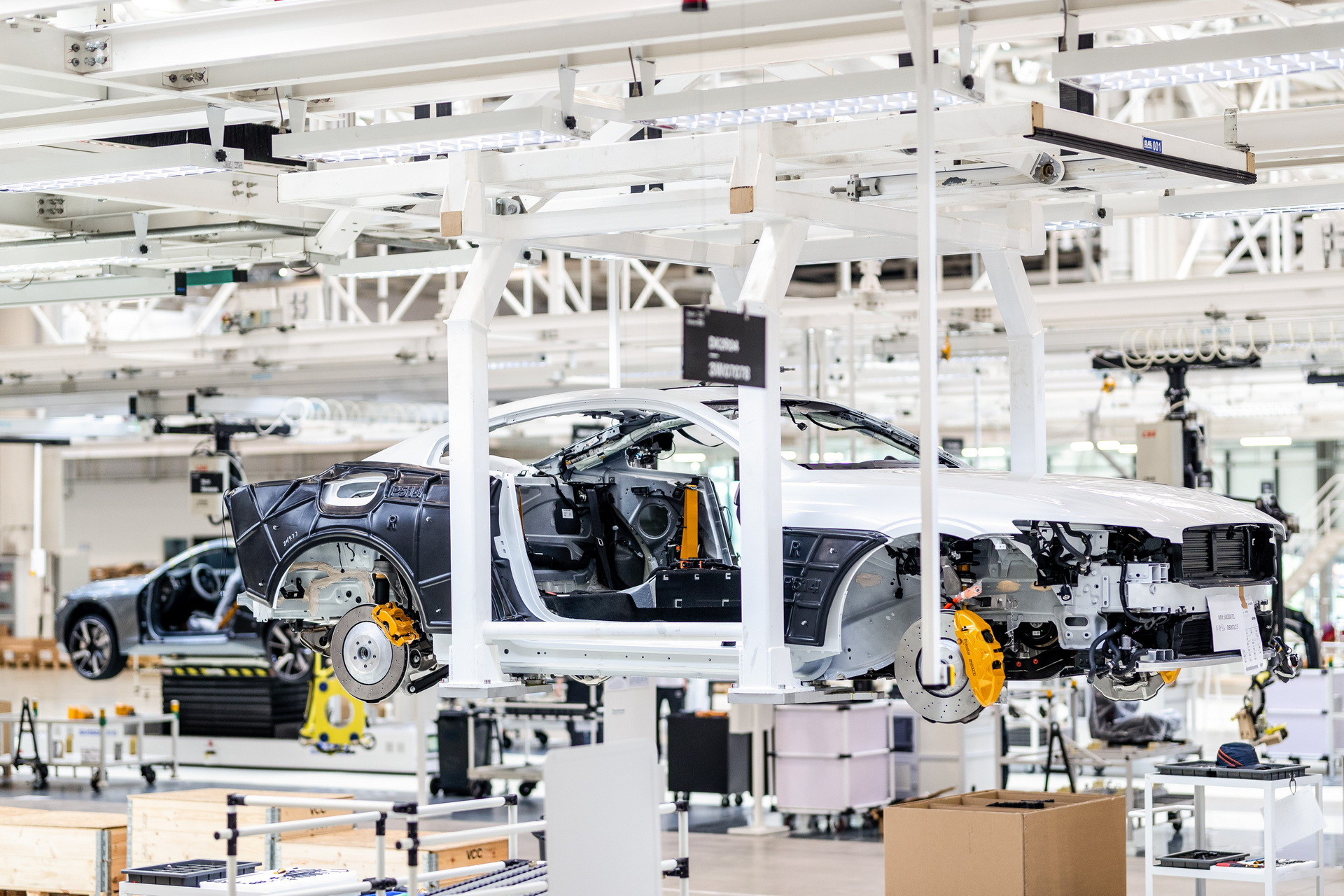Much is made of the fact that electric vehicles are more carbon-intensive to produce than internal combustion vehicles. Polestar is looking to change that by producing cars that are completely climate-neutral by 2030.
The company first announced the plan in April, but now it is providing us with more information about how it plans to achieve its “moonshot” goal. It will start, says Polestar, with a dedicated team.
To remove emissions from the production of a car throughout its complete supply chain, the automaker tasked its former head of R&D, Hans Pehrson with leading the team that would tackle this project. It is, however, placing the challenge at the heart of its R&D efforts, it says.
Read Also: VW Signs Supply Deal To Source CO2-Neutral Lithium From Germany
“Cars are complex, they consist of tens of thousands of components, and rely on intricate layering of suppliers and sub-manufacturers,” said Pehrson. “Making a car climate-neutral is therefore not only an extremely important challenge but an extremely difficult one.”
Split into three stages, the project will build to its ultimate 2030 goal. The first stage will simply look to assess which CO2 contributors are farthest from technical solutions today and attempt to research how to address those problems.
The team is focusing on establishing collaborations to jointly find and address sources of CO2 within its supply chain, down to the smallest components. Looking at every step of the process, from material extraction to vehicle handover, the challenge is a mighty one, and every step needs to be evaluated based on whether solutions are available or more research is required.
Polestar says it is now preparing to launch a call to action among suppliers, entrepreneurs, investors, universities, researchers, and consumers at large to collaborate on the project.
Its sister brand Volvo, for instance, has already found one big way to reduce CO2 emissions in its vehicles. Working with Sweden’s SSAB, it has already made a vehicle with steel that required the consumption of no fossil fuel to produce. Steel, it says, currently accounts for about 20 percent of the CO2 emitted in the manufacture of its electric vehicles.
“Understanding and accepting the challenge is the first step; getting all the way there will require that we collaborate in ways that have never existed before. This is not a solo mission,” said Pehrson.






